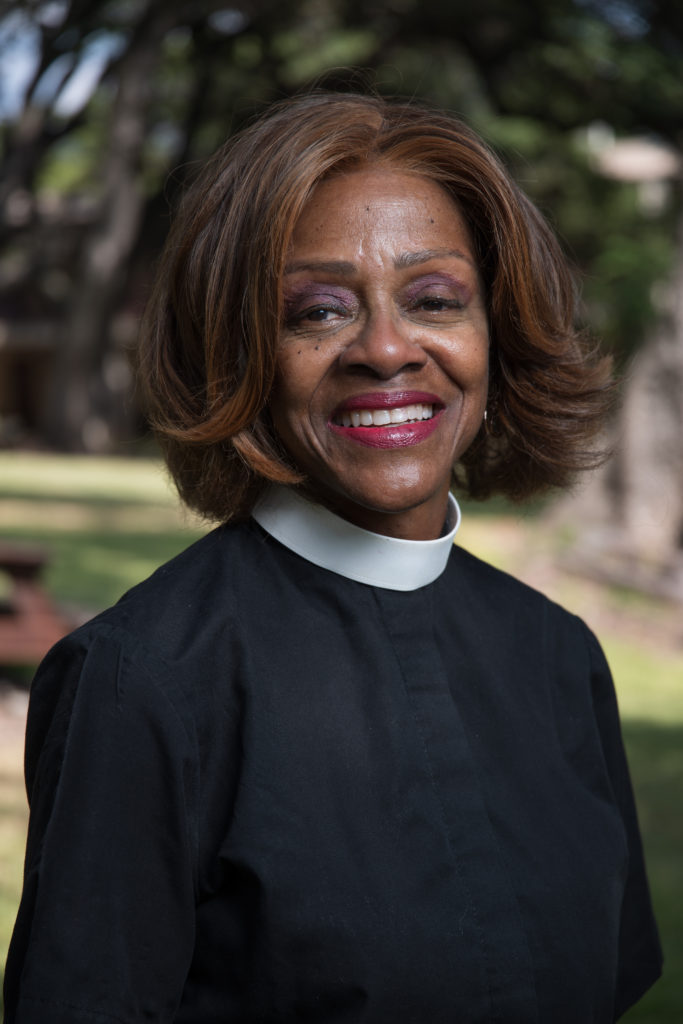
This fall, Sowing Holy Question will explore questions of stewardship, reflecting theologically on practical decisions about money, possessions, ecology and our connection to God’s creation.
Often people think stewardship is about raising money towards accruing stocks, bonds, endowments, charitable gifts, donors, and bequests for others. If stewardship focuses singularly on financial goals, we miss the connection between stewardship, loving God, self, neighbor, and the reality that everything belongs to God. Using womanist spirituality, we reflect on stewardship as a ministry of relationality. Here, giving and receiving are a harmonious expression of divine love. Womanist spirituality is expressive, revolutionary, embodied, personal and communal resistance-based existence and theoretical discourse, based upon the amazing lived, yet oppressive, experience of women of the African Diaspora, who in relationship with the divine, celebrate life and expose injustice and malaise.[1]
Stewardship is the gift of accountability for the just, equitable, fiscally responsible, and loving use of God’s provisions for self and community within complex relationships. Prayer, vision, dialogue, discernment, decision-making, balance, and an awareness of risk-taking and societal culture help us transcend desperation, greed, negative sensibilities, callousness, and guilt toward management of human and financial resources, moral capital and community building. The love of Christ compels us to do so. Stewardship emerges from a theology of love and abundance, not a theology of fear, lack, insufficiency, or greed. Liberatory covenantal stewardship acknowledges human rage and the inefficacy of entitlement; and invites us to embrace civility.
Liberatory Covenant involves nurturing relations where we engage God talk and God walk, theology and ethics, personally and with others. Within a covenant that respects these boundaries, we must allow for an environment of good faith giving and receiving, respecting each other’s dignity: all are made in God’s image. So it is important to respect ourselves and know that we are worthy of receiving, just as we are to give.
One day I was meditating and God asked: “Do you trust me?”
I responded: “Of course, I trust you with my life! What nonsense!
God: “But not with your money?”
I easily gave to others, but was struggling financially to receive. Often what we believe, comes to fruition. Fear about finances, meant I could not attract funds. When I came from love and acceptance of abundance, I could give and receive; the influx of resources changed.
While everything belongs to God, God created us to be in relationships and wants us to have the desires of our heart. In creation, we are stewards, fiduciary holders of gifts. We are to give and be open to receive in faith. A significant goal of reciprocal stewardship is human flourishing and capacity building—giving and receiving in harmony.
** Why have covenantal relations?
** How should God’s righteousness, justice, love, peace, and mercy shape how we handle our resources?
** How can stewardship become a spiritual discipline?
The tedious work of stewardship involves trust and benefit of society and ourselves. When we listen and communicate with deep Grace, we share with respect, and empathy. We recognize there is more than enough to share, when we wisely use our resources, including time and talent. Scripture and other inspiring texts help us focus on communicating and expending wealth as responsible justice. Conscious of God in self, others, and our environment, we can make creative and courageous decisions, and engage new models of stewardship. With engaged communal relational collaboration, we learn to embrace differences with love, not fear. We embrace harmony as a model for hearing God in the world, aware of our prejudices, with a goal of creative love and generosity with all resources.
NOTES
[1] Cheryl Kirk-Duggan, “Womanist Spirituality,” in The New Westminster Dictionary of Christian Spirituality (Louisville, Kentucky: Westminster John Knox Press, 2005), 633.

The Rev. Cheryl A. Kirk-Duggan, Ph.D., is the Crump Visiting Professor and Black Religious Scholars Group Scholar-in-Residence and Professor of Religion at Shaw University Divinity School [SUDS], Raleigh, NC. She is an Ordained Elder in the Christian Methodist Episcopal Church. Recipient of the SUDS Outstanding Achievement Award as International Recognized Womanist Scholar, 2016, and author of over twenty books and numerous articles, her most recent publication is Baptized Rage, Transformed Grief: I Got Through, So Can You (Wipf & Stock, 2017). Known as professor, poet, preacher, priest, prayer partner, prophet, performer, and polyhistor, Kirk-Duggan is an avid athlete who completed her first full marathon (2010), and is a hot yoga teacher.
As an author, speaker and mentor, Cheryl specializes in helping individuals and families make peace with the spectrum of trauma and loss in their lives. She has taken her own life experiences, plus various research and training experiences in areas of death, grief and loss, and transformed them into an inspiring set of workshops and coaching programs.

